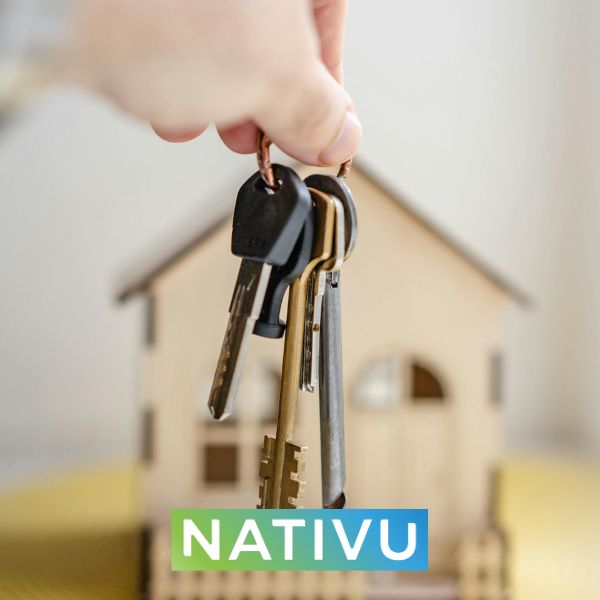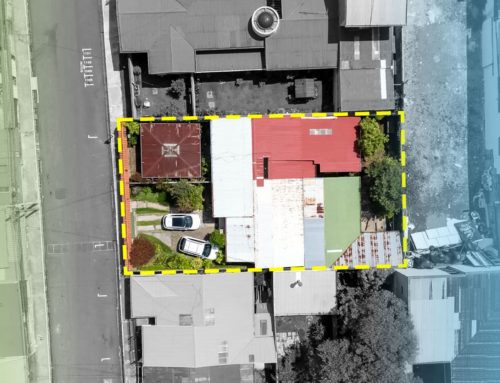Buying a new property, building and starting a new property venture can be an arduous process, especially when it comes to finance. However, when it comes to financing, it is important to understand the types of loans that are available: such as mortgage and trust. This article describes the differences between the two types of loan, the benefits of each, the types of properties that can be financed and where to apply for them in Costa Rica.
Mortgages What are they and how do they work?
A mortgage is a financial arrangement that allows a person to purchase property. It is a type of contract that can be obtained from a financial institution such as a bank. With this type of loan, the property is used as collateral so that the lender has the right to sell the property if payments are not made.
With mortgages, buyers can receive an amount of money from the lender in exchange for repaying that amount, plus interest. Typically, mortgage payments are made in regular installments.
However, it is important to note that the value of the property may affect the amount of money that can be mortgaged; in order to determine the monetary value of a property, an appraisal process can be carried out. In this process, an appraiser (a person with knowledge and certification in real estate) conducts a study where he/she determines the value of a property based on its location, development potential, condition of the property, characteristics of the land, market conditions and other economic and legal aspects.

Trusts, What are they and what is their purpose?
In contrast, trusts are a legal means by which a settlor transfers his properties, rights or money to an entity (trustee). The trustee is responsible for managing these assets for the benefit of the settlor or a third party designated by the settlor.
The parties involved set specific conditions and deadlines for the execution of this agreement. In this process, the trustee has control and management of the property, which means that neither the settlor nor the trustee (the settlor or a third party who receives the benefits of the property) is considered the legal owner of the property until the conditions set forth in the trust agreement are met.
An advantage of trusts is that the settlor’s creditors cannot reach the transferred assets because the trust is independent and not subject to possible seizure or bankruptcy of the parties involved. This provides greater legal protection for the property involved.

Which is the best option for you?
The choice between a mortgage and a trust depends on the type of property you want to buy, your financial situation, and your specific needs. Here are some of the advantages and disadvantages of each option.
Mortgage
Mortgages are ideal for individual buyers or families who wish to purchase a property for commercial or residential use.
Trust
On the other hand, trusts are ideal for developers, investors and individuals who want to protect their assets legally and securely.
Where can I request these tools?

In Costa Rica there are several financial institutions and trust companies that offer both mortgages and trusts. Some of the most recognized are:
- Banks: Banco de Costa Rica, Banco Nacional, BAC Credomatic, Scotiabank, among others.
- Fiduciary companies: BCR Fideicomiso, Scotiabank Fiduciaria, BAC Credomatic Fideicomisos, among others.
Each institution has its own requirements and conditions, so it is advisable to seek personalised advice before making a decision.
Both the mortgage and the trust are important financial tools in the Costa Rican real estate sector, each with advantages and disadvantages depending on the needs of the buyer or investor. If you are looking to invest in a new property, do not hesitate to contact our advisors to find attractive properties, as well as a company to advise in this real estate process.








